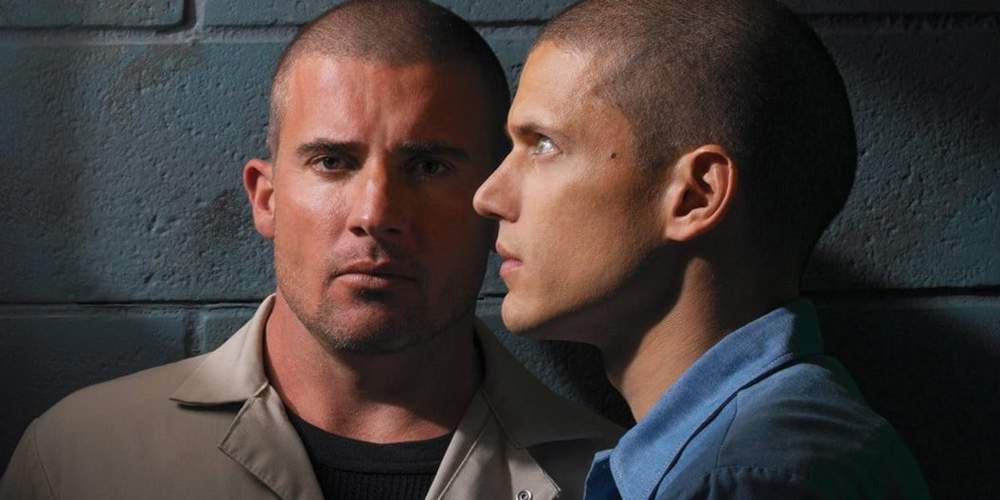Most of the time, interesting TV series that still have stories worth mining deserve to get more seasons. Sadly, a lot of great TV series lose their magic and fumble when they're granted those extra seasons.
Oftentimes, subsequent seasons drift away from the main narrative with uninteresting or nonsensical subplots. Or worse, they sideline the main narrative and feel like a totally different show altogether.
And then there are TV series that try to use extra seasons as prequels to the original show, but fail to deliver compelling plots and ultimately mess up the entire narrative in retrospect.
And don't forget TV series that grow too ambitious, piling on more and more elements with every season, resulting in a narrative that's unwieldy and convoluted. New ideas can be great, but care is required.
Here are our picks for interesting TV series that were ruined when they kept going with another season.
7. 13 Reasons Why
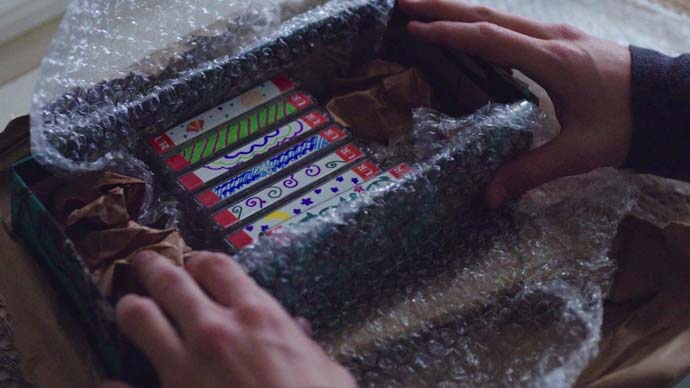
13 Reasons Why is a series that explores the darker side of high school and teenage life, infused with elements of psychological trauma, sexual assault, drug abuse, and (most controversially) suicide.
It centers on the character of Clay Jensen, who receives several tapes that contain the voice recordings of a student named Hannah Baker who committed suicide. Those tapes explain why she did it.
Despite a flawed season one, 13 Reasons Why got another season that loaded up too many subplots and chaotic changes that ended up making the show look more messed up than the plot itself.
6. Seven Deadly Sins
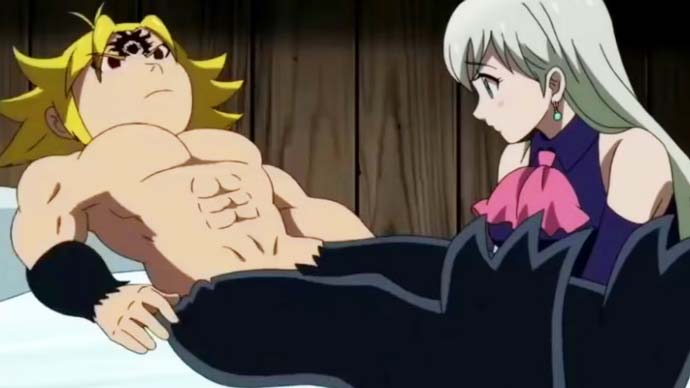
The first two seasons of Seven Deadly Sins were great, bringing us a dark fantasy anime unlike any other. But then the animation studio changed and put a huge damper on the entire series.
Instead of being animated by A-1 Pictures, the third season was animated by Studio Deen and their unique take on the art design. Unfortunately, Studio Deen dropped the ball with terrible animation errors in plain sight.
5. Kingdom
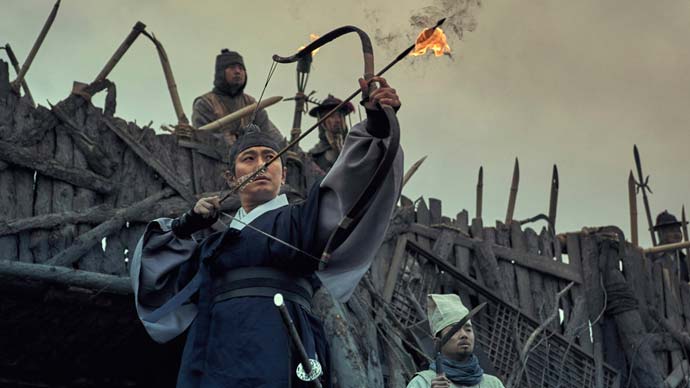
Kingdom is a zombie apocalypse K-drama series that so far consists of two seasons and a special episode called Kingdom: Ashin of the North.
The blending of zombies with historical Korea put a new spin on the genre, giving rise to zombie survival based on bows and swords (with the occasional gun or cannon). This fresh take on zombies was a breath of life for viewers who had grown weary of the usual fare.
However, the second season dropped a lot of the nuanced elements that made the first season so good, instead choosing to lean more heavily into the thrills of combat and its bloody intensity.
The special episode serves as a prequel to the main story, featuring a plot of revenge and how the undead started, without much emphasis on the mystery about "the plant" or how it revives the dead.
4. Baki the Grappler
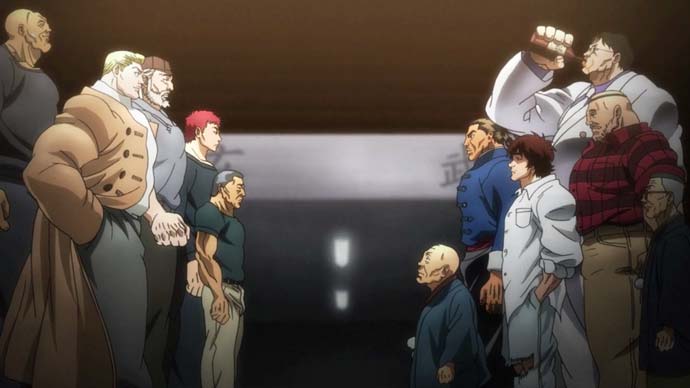
The 2018 anime series Baki the Grappler started by introducing several big names who would emerge as strong beings who wanted to taste defeat. They are supposed to be the greatest threats to Baki, but the second part of the first season started losing its way with its characters.
Other than the fights of Dorian and Spec, the rest of the death row inmates were wasted as they were trashed and toyed with by minor characters.
Those characters should've been the main highlights of the story, but they were cast aside and neglected, which retroactively had a negative impact on how they were introduced in episode one.
3. Stranger Things
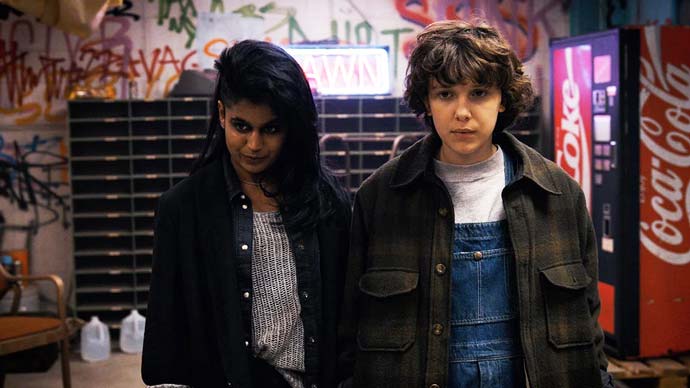
Netflix's Stranger Things is filled with twisted mysteries, energetic action, and lots of classic 80s nostalgia. It features the "Upside Down" (a dark world that parallels the human world) and interesting creatures, including the Mind Flayer and the Demogorgon.
But the second season introduced Eleven's sister, Kali. Fans hoped that there would be more to Kali's character because she was also gifted like El, but the character was never mentioned again. Was she forgotten by the narrative? Because viewers were truly disappointed.
2. Prison Break
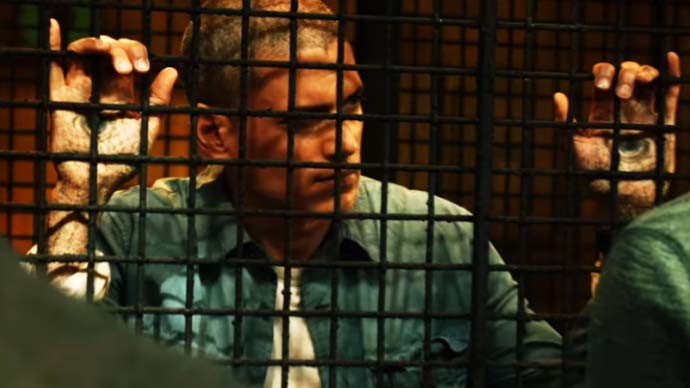
Prison Break revolves around the story of Michael Scofield, who believes his imprisoned brother, Lincoln Burrows, was framed. So, he devises an intricate plan to break him out of prison—by going to prison himself.
The first season is extraordinarily strong, starting with a great premise and only going up with every episode, up until they finally do break out. Some viewers even liked the second season, which further explored the characters and brought its own twists and turns.
But the third and fourth seasons go a bit off the rails into implausible territory, and the fifth season isn't even relevant to the initial storylines. Less emphasis is put on prison escape plans, resulting in weaker plots that aren't as interesting or believable.
1. The 100
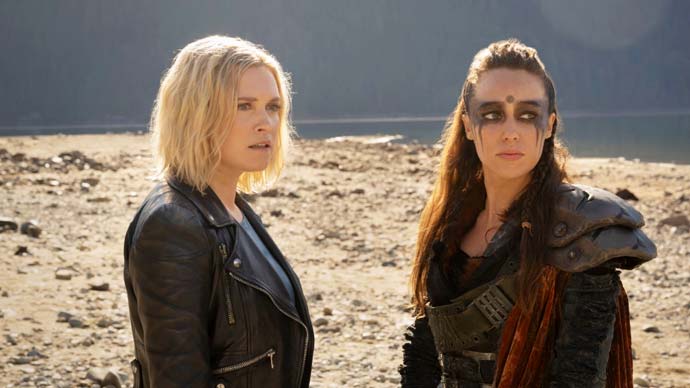
Science fiction and dystopia. Name a more iconic duo.
The 100 takes the concept of sci-fi dystopia and blends it with teen drama, featuring a near-future where humanity's remnants live up in space due to Earth becoming uninhabitable after an apocalypse.
When one hundred humans are sent back down to Earth to assess habitability, they learn that Earth has survivors who have been living on the planet all along, adapting to its harsh new conditions.
Over several seasons, The 100 set itself apart from other teen drama shows with strong characters, creative worldbuilding, and lots of thrilling action with real stakes that oozed with a kind of political intrigue.
But then the final season introduced the Anomaly and the Transcendence, which derailed a lot of what made the show enjoyable. Bringing the divine into sci-fi didn't work for Battlestar Galactica, and it didn't work for The 100 either, resulting in a season that tarnished everything before.
